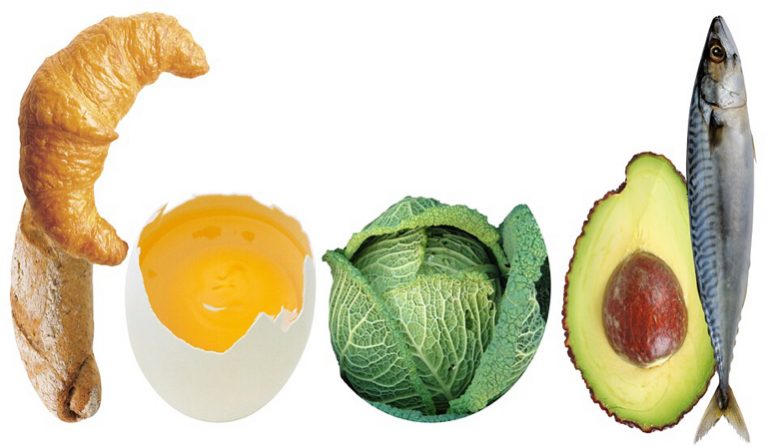Should I Take Food Science or Nutrition?
Last Updated on February 23, 2023
Hey Team FoodGrads!
Maybe you have this question, or maybe you know someone who has the same dilemma?
Perhaps you had never thought of a career in Food Science or Diet/Nutrition and want to learn more.
I’m leaning towards a couple of program options at the university I plan on attending – food science vs. diet/nutrition. With your experience on the transition side into vocation, any quick thoughts?”
We asked our awesome FoodGrads community of new grads and experienced food industry professionals. Here are the responses;
Feedback from the Food & Beverage FoodGrads Community;
You must consider your long term desires when answering this question, and what are your interests?
The two educational paths definitely intersect in terms of learning plans, but the job opportunities may be different. Both educational paths could result in a career at a CPG or food/beverage manufacturer, but there are many more opportunities at these companies as a food scientist.
In the diet/nutrition world, however, there are broader industry opportunities available – think health care, school feeding programs, government programs, etc., in addition to traditional food manufacturers.
From a simplistic perspective – if you want to make the food you can buy on the shelf, pursue food science. If you want to evaluate that food and recommend food choices, pursue dietetics/nutrition. Jason Robinson
If you want to make the food you can buy on the shelf, pursue Food Science
“As a nutrition student I would say deciding between food science and nutrition/diet significantly depends on what one wants to focus their career on. Diet/Nutrition is geared more towards the clinical sector which would include patient care whereas food science is more product oriented and more so in a corporate environment. Both do however offer very rewarding career opportunities. Harleen Parmar
I would say that unless you know that you want to pursue a career as a dietitian, either program would help you to find a career in the food industry. Actually, I think any science degree can help you get there but I would HIGHLY recommend choosing a program with Co-op!
I have a general Biology degree from the University of Waterloo, but thanks to co-op I got to try out some different jobs in different industries and learn what I like and don’t like and what kinds of jobs are actually out there in the real world.
I graduated with a hefty resume of work experience and was actually hired right out of school by a company I worked for as a co-op student. Even though it might take you an extra year to graduate, a co-op program is well worth it for the money you’ll make over the course of your degree and the invaluable life and work experience you will gain. Morgan Genge


leave your comment